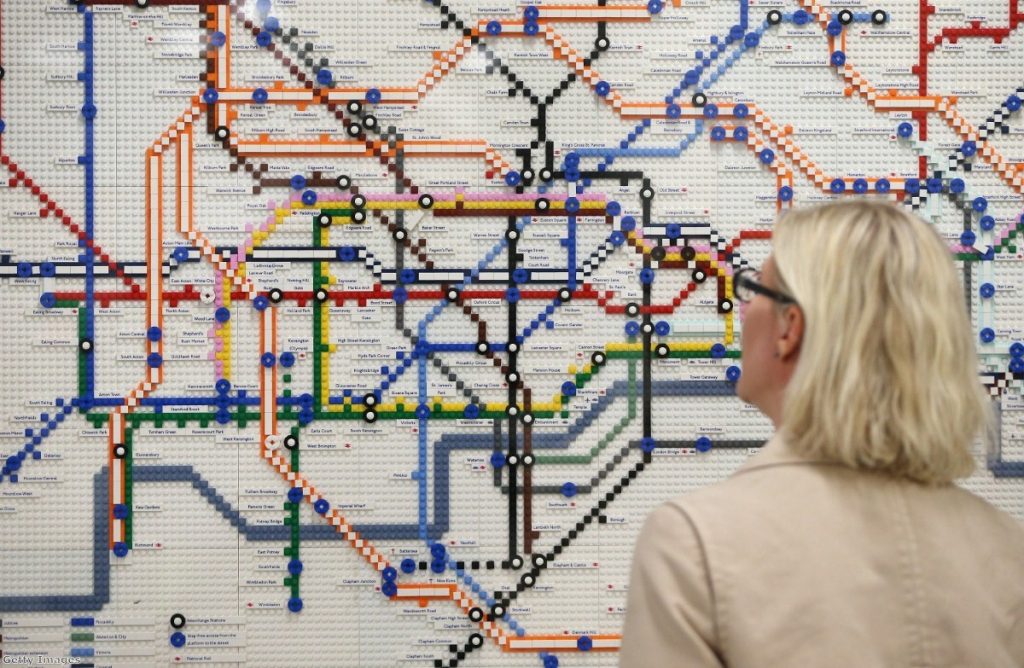The Tube goes 24-hours – but at what cost?
The London Underground will operate 24-hours at weekends, but at the cost of 750 jobs and the closure of all but six ticket offices, Transport for London (TfL) has announced.
In a massive shift in funding which directly contradicts one of Boris Johnson's pre-election pledges, money will be diverted from the offices and dedicated to keeping a core portion of the underground running throughout Friday and Saturday night.
"London is a 24-hour city and to support the capital’s vibrant night-time economy we will be introducing a 24-hour Tube service at weekends from 2015, with services running right through the night on Fridays and Saturdays," Boris Johnson said.
"As now, all London Underground stations will be controlled and staffed while train services are running."


The decision to close the ticket offices comes amid research which showed just three per cent of journeys begin with the passenger using them.
The advance of Oyster and contactless bank cards have increasingly made the offices unnecessary to anyone but tourists, who will now be directed in how to use the ticket machines by members of staff.
London Assembly Labour group leader Len Duvall said the plans could threaten public safety.
"These plans are deeply worrying and could lead to a significant reduction in the service Londoners and visitors receive in our great city," he said.
"Boris has broken his promise on ticket offices, the last thing we need is a reduction in frontline staff. It looks like outer London will be hit particularly hard.
"Advancements in technology mean changes can be made to the way services are provided but today's announcement looks like a mask for cuts and go too far."
The plans will save TfL £270 million over five years and lead to 750 job losses, although it has promised there will be no compulsory redundancies.
However, the scheme will be fought tooth and nail by the unions.
"It beggars belief that the mayor who was elected in 2008 on a pledge to keep open every ticket office is now planning to close every single one, with all that means for safety and jobs," Manuel Cortes, leader of the TSSA rail union, said.
The plans were also attacked by disability rights groups.
Jane Harris, campaigns director at Leonard Cheshire Disability, said: "Transport for London's announcement will come as a great shock to thousands of disabled Londoners who need extra help to get on the tube.
"Before pressing ahead with these cuts TfL should talk to the one in seven disabled Londoners to check if they will still be able to use the Tube like anyone else."
"We hope TFL will put these plans on hold until they have spoken to disabled passengers and fully understand the impact these changes could have.”
Johnson insisted the plans could yet involve more staff working on the underground, although it seems likely that drivers will also eventually be phased out.
"Whether you will need more old-fashioned drivers in the train is doubtful," he said.
"What we're doing is getting the tube staff out from behind the plate glass and getting out there helping all kinds of passengers. There will be more staff but there won't be ticket offices because they are no longer relevant."
The core weekend service will run along the whole of the Piccadilly, Victoria, Central and Jubilee lines and key sections of the Northern line from 2015, with night bus routes dovetailing at stops for an integrated service.









